Rio’s Favelas are not what you think they are

Favela da Babilônia in the South Zone of Rio. (Photo: Daiana Contini)
After the previous blog posts, it’s now time to get down to business. What am I really doing in Rio?
A part from enjoying the breathtaking beauty of the city, its incredible nature and the constant 30°C degrees, I decided to come to Rio de Janeiro to do an internship at a favela advocacy think-tank I had been following on social media for quite some time.
I’m also here to write my master thesis as it’s related to what the NGO works with. As a matter of fact, Catalytic Communities (also known as CatComm) works with informal urban communities in the city and peripheries of Rio.
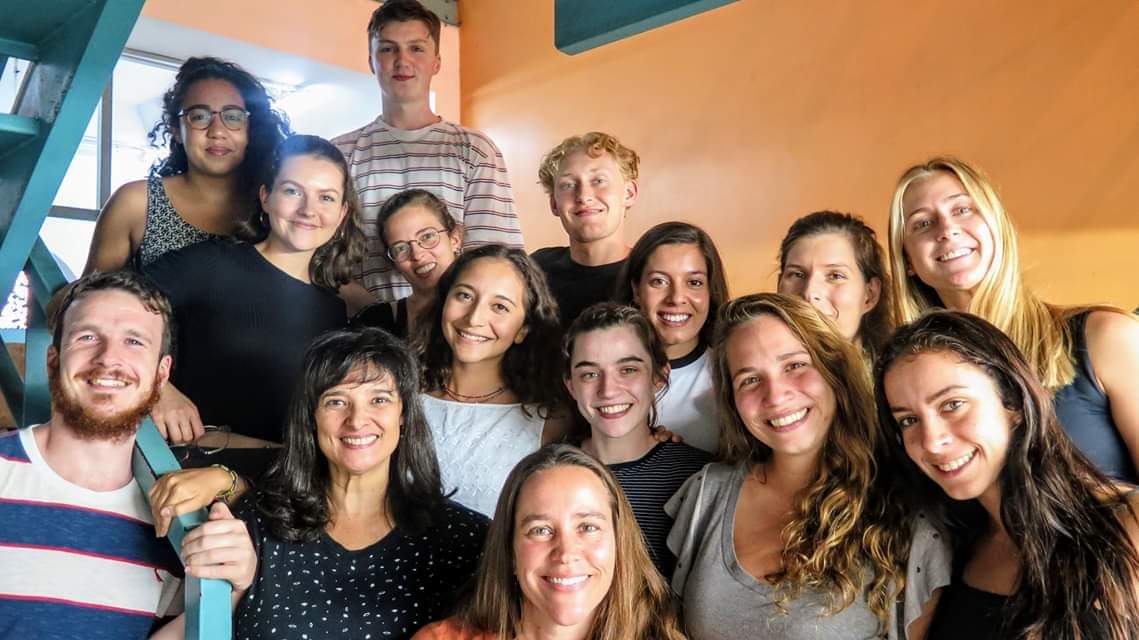
Yes, I’m talking about favelas, those urban spaces commonly and mistakenly referred to as slums in international newspapers, those spaces that you might have seen in famous movies such as City of God, and those spaces that you might inevitably and systematically associate with violence and drug trade.
Well, today I’m here to tell you the other side of the story, the one that the movies and media do not often tell you.
I’m working as a reporter at CatComm, covering anything that might be related to favelas and its inhabitants (community events, individual profiles, protests, public policy). What makes CatComm different is its narrative of positivity and resistance, with the aim of giving visibility to those community actors and dynamics that contribute to the brighter side of favela spaces.
Because of the work with CatComm, I’ve had the chance to visit many of the favelas scattered around Rio, and despite what many people might think, they all differ from each other, depending on demographics (different migratory origins), geography (placed on hills or flatland) and power structure (presence of drug gangs, paramilitary groups or none).

But what they all have in common is that they’re not subject to central regulation due to a century of government neglect. However, this doesn’t mean they’re ungoverned spaces. They’re true urban villages with local grassroots organizing, which often gives rise to incredibly resilient social movements and environmental sustainability initiatives.
This is only one of the reasons why using stigmatizing words such as ‘slums’ or ‘shanty towns’ to describe them, doesn’t live up to or even get close to what really happens inside these informal urban spaces. This may be due to the fact that the word favela doesn’t have a direct translation in English, which makes it easy to associate the word with connotations of poverty, squalor, drugs and violence, while that’s not always the case. But, what are favelas?
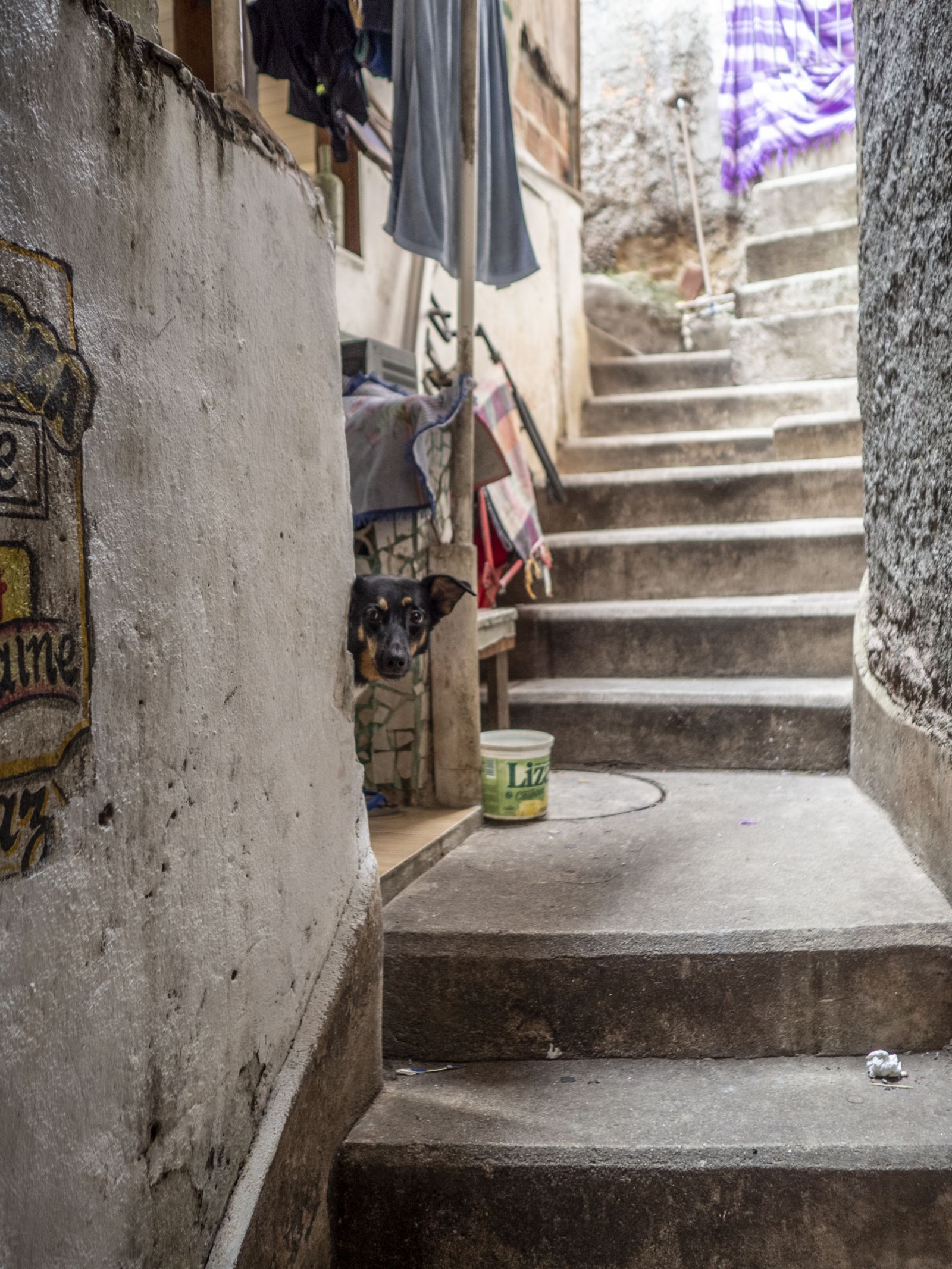
The origin of favelas goes back to the 16th century when colonizers in Brazil started importing 5 million African slaves. This is more than any country ever imported in world history, and the city of Rio de Janeiro received 2 of these 5 million enslaved people. At the same time, Brazil was the last country in the Americas to abolish slavery in year 1888.
The end of slavery, however, did not coincide with government support, leaving former Afro-Brazilian slaves to provide for themselves: searching for work and affordable housing. Favelas were therefore the natural evolution of a social need and they have been expanding ever since.

Complexo do Alemão a huge complex of favelas in the North Zone of Rio. (Photo: Daiana Contini)
Today, they are home to 23% of Rio’s population (approximately 1.4 million people), and despite common misconceptions, 65% of favela residents are middle class. They’re not only home to descendants of former slaves, but also immigrants arriving from the poorer northern parts of the country in search of a better life, and the rural poor forced to leave the countryside because of rapid urbanization.
As part of the internship and the thesis fieldwork, I have been attending community events within favelas; I have interviewed community leaders, organizers and residents. The reality these people face can be harsh for so many reasons, but assuming that favela residents are all criminals means ignoring centuries of Brazilian culture and tradition.
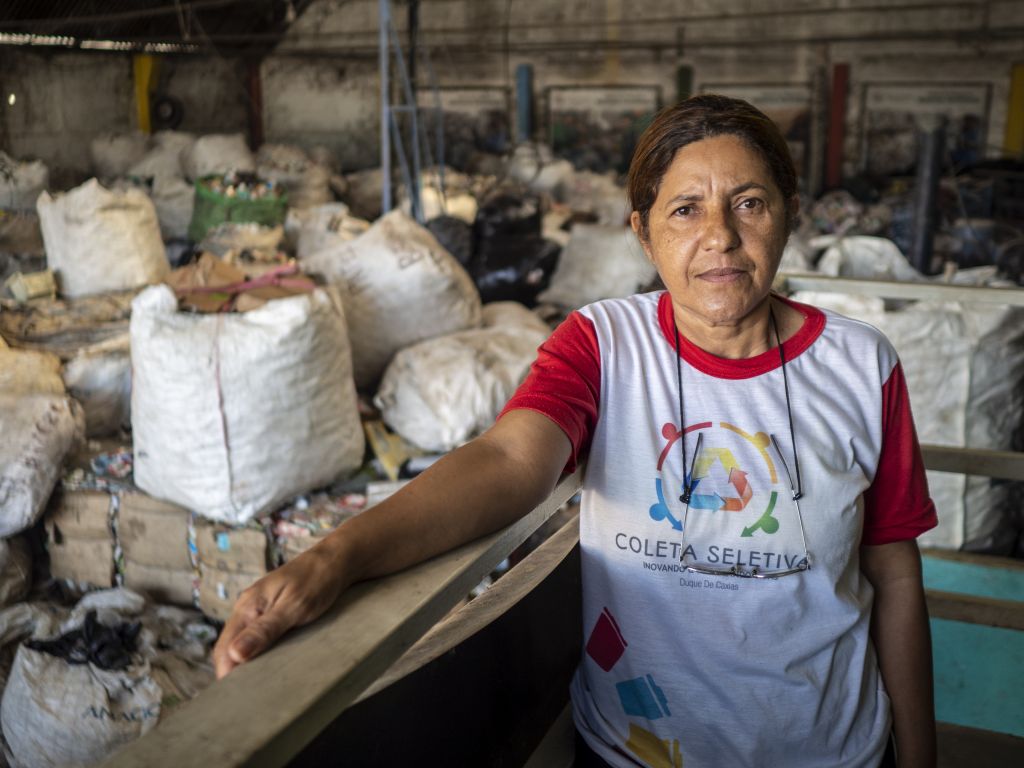
A resident of the community of Jardim Gramacho director of one of the many recycling cooperatives present in her community. (Photo: Daiana Contini)
Besides cultural heritage, favelas are home to grassroots solutions to social and environmental challenges, which are often overlooked. And I think that in academic and business environments like CBS we’re often blinded by big, ambitious and very vague sustainability agendas that are given flashy names by companies and international organizations that we forget to consider who the true actors are in the field.
What do these agendas truly mean for the day-to-day lives of those people we presumably want to help? The truth is they don’t want to be helped. They’d rather have a seat at the table, and to be included and listened to. They simply want the freedom of choosing how to help themselves, because when we enforce change on others, they often experience it as violence. But when people make change happen for themselves, they experience it as liberation.
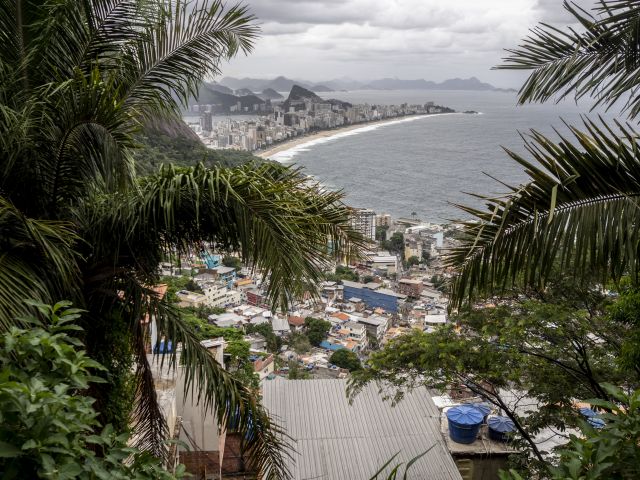

As a student of Business and Development Studies with a Latin American concentration, this internship has given me the possibility to truly understand, beyond the books and the never-ending peer-reviewed papers, what development means and where I, as a student researcher (but most of all as a person in a position of privilege), should stand.
Working with informality means that creativity and inspiration are constantly flowing in these spaces. Everything is adaptable. There are no fixed expectations and no two days are ever alike.
If you get the chance, I highly recommend you engage in fieldwork abroad as part of your master thesis. Preferably through a local organization that’s willing to help you approach people and find the right case study – and sometimes you might even receive informal supervision by people who’ve been working in the field for more than 20 years.

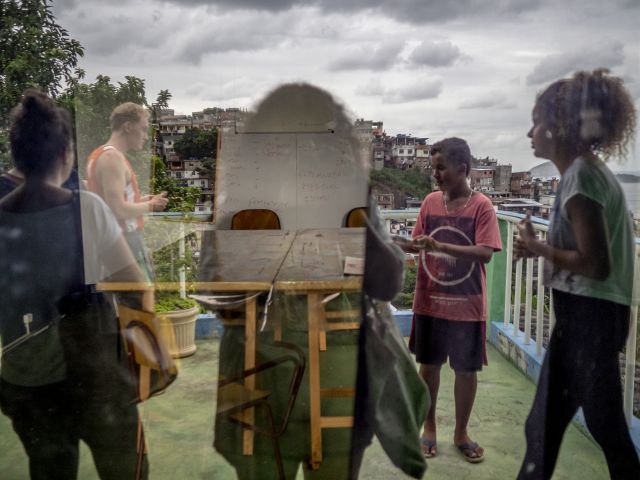



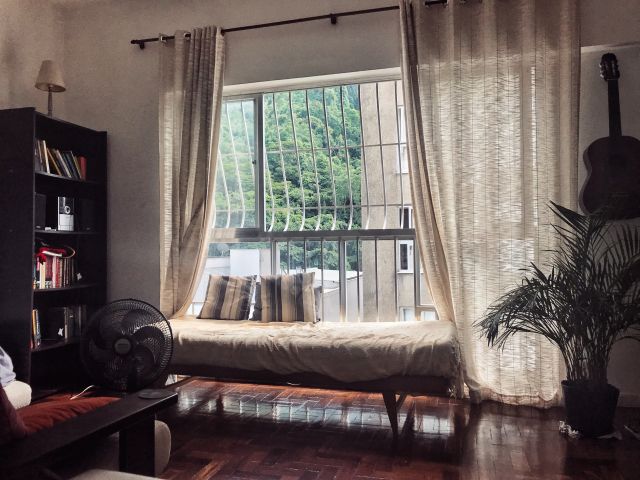


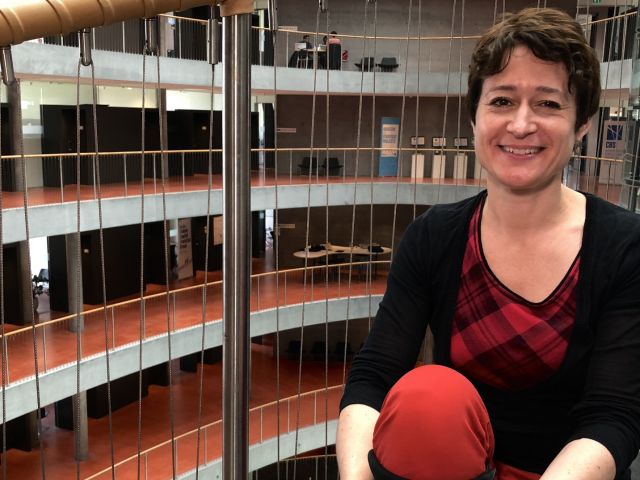






























































































































Hi Daiana,
I am part of a group of students from Technical University of Denmark (DTU, Copenhagen) investigating the current water situation I Metropolitan Region of São Paulo, Brazil. Working with water-tech entrepreneurs from DTU and the Danish company of water technology Grundfos, we want to improve conditions for access to safe water in the poor communities and favelas located near the Guarapiranga and Billings reservoirs.
I therefore find it very intersting that you lived and worked in a favela. We have some questions that we hope you can help us answer:
– Do the favelas have their own supermarkets etc.? Or where do the local citizens buy grocery?
– It seems like many poor households collect rainwater. How do they currently clean this water?
– How is living in Brazil different from living in Denmark (or other western countries)? Are there any major cultural differences that you have noticed?
We are planning a trip to Sao Paulo within the next months to visit some of these favelas. Do you recommend we see something/someone in particular in this content?
Hope to hear from you,
All the best,
Bettina Skjold Jasper
Student at DTU
s162099@student.dtu.dk